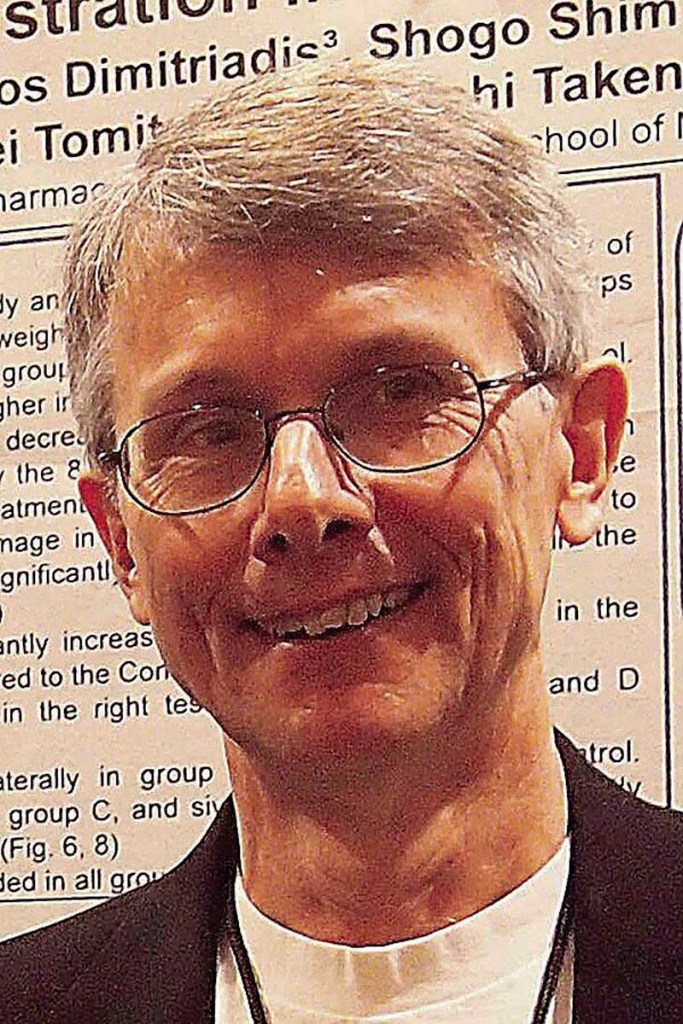TERRY TURNER: Christmas memories
Published 2:07 pm Friday, December 16, 2022

- Terry Turner, a resident of Colquitt County, is professor emeritus of urology at the University of Virginia as well as author of books based on his experiences as an infantry officer in Vietnam.
“Merry Christmas” is an easy expression this time of year, but it is a difficult sentiment for many. For those people, a voice of good cheer is in too stark a contrast with what life has actually produced. That point was made clear to me many years ago.
It was Christmas Eve of 1969. The Vietnamese village where I lived was quiet; dark, too, because evening had set in and the only light was from the small oil lamps at the huts lining the village street. I and four other American soldiers were living in that village advising local militia units on combat operations and civilian officials on other projects. We were at war even though Christmas had brought us a 24-hour truce.
Trending
Truce or not, we would man the village guard posts; so soon after sunset Master Sergeant John Tester and I grabbed our weapons and went to check the guard mount. After making the rounds we began walking back toward our base in a militia fort at the other end of the village. Our team lived there in a tin-and-thatch hut where, as with everything else, Christmas had been in low supply.
Tester and I were not alone in the street. Many villagers were still chatting quietly with their neighbors and, in the light of those little lamps, they often smiled and nodded as we passed. Some spoke and as we neared the fort a family we knew called us over. Like many, they were Catholics and this was Christmas Eve for them, too.
As we spoke to the family I heard a faint musical sound from somewhere far off. I turned to look and in the street’s distant darkness I saw a small column of lights appearing two by two as other lights appeared behind those already in the street. The sound I had heard was the voices of Vietnamese children singing “Silent Night.” They were the children’s choir from the village church coming into the street holding lit candles and singing.
As the column of carolers came close they saw Tester and me and stopped to sing. The choir had with it a home-made creche, the figures of Mary, Joseph, and the infant, Jesus, made of pottery and the manger background made of chicken wire stuffed with colored tissue paper. The children brought the manger scene to their front and gathered ‘round it, the glow of their candles lighting the scene. As they sang, “Oh Come, All Ye Faithful,” a lump already in my throat grew larger. I had heard Christmas carols all my life and they had always had the meaning of hope. This time I felt their meaning was of accusation. There I was standing before a celebration of the Prince of Peace; yet, I was armed for war, assault rifle in hand, ammo at the ready. An embarrassment, even a depression fell upon me at being such a picture of the vast difference between religious aspiration and what humanity had actually produced. I struggled to maintain a smile until the young choristers were on their way down the dark street, their candles still burning, their voices still singing. Only my melancholy was left behind.
It was years before I would hear “Silent Night” at Christmas without tears in my eyes. I would remember too well those candles in the dark, those children singing, and my deep sense of humanity’s failure. Even now the carol can be difficult because the failure of peace is still with us. In Ukraine, for example, millions of people will spend this Christmas under Russian attack, many of them deprived of all human comforts. Of course, there are many other places of need, but the good news is that they are all places where any person can help lessen the difference between religious aspiration and what humans actually do. That help might be through a charity for Ukraine, but it can also be through a local food bank or other agencies that relieve human suffering. Please add your own help. Don’t stand in the candle light of Christmas and find yourself deficient for having done nothing.





